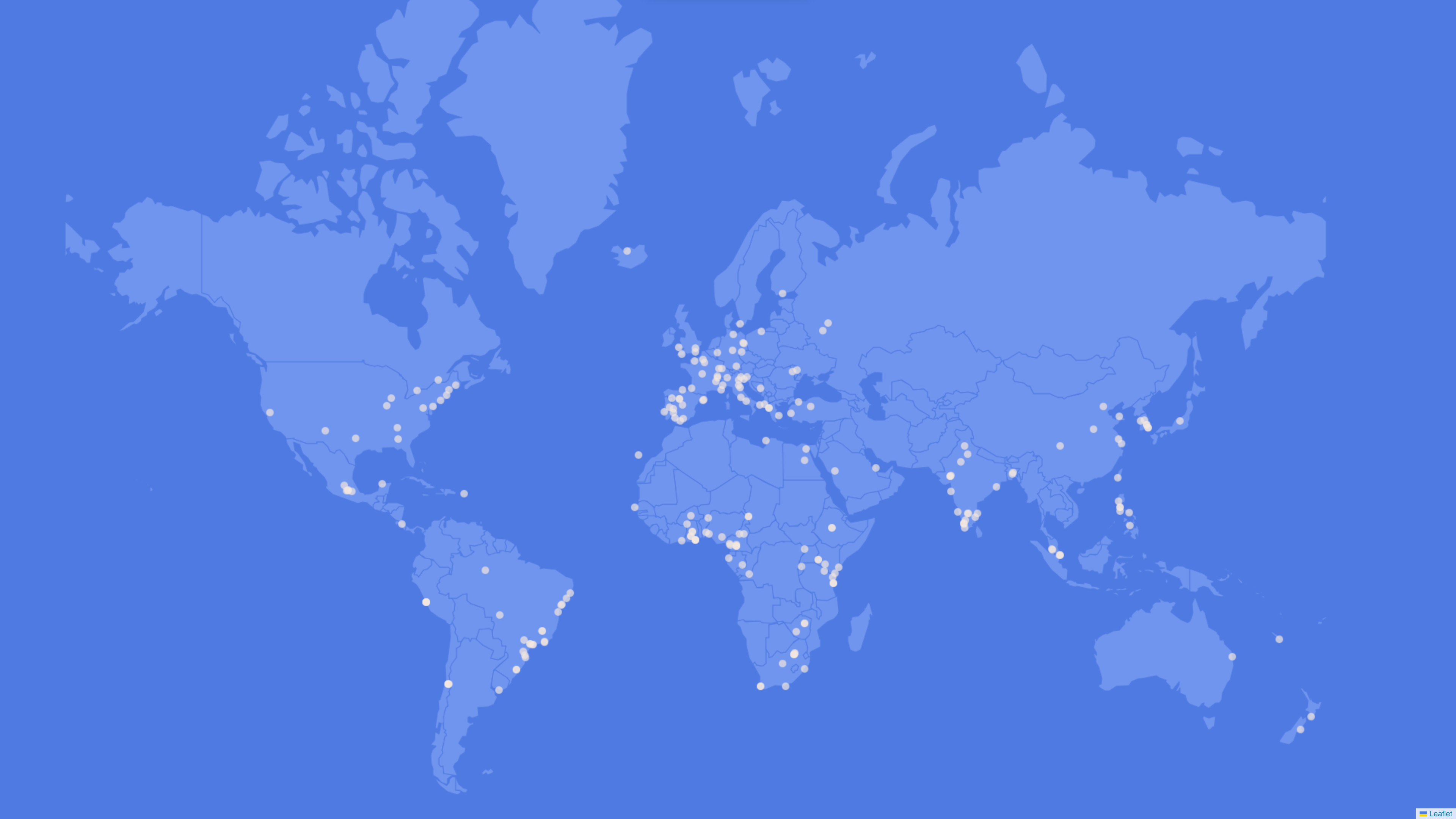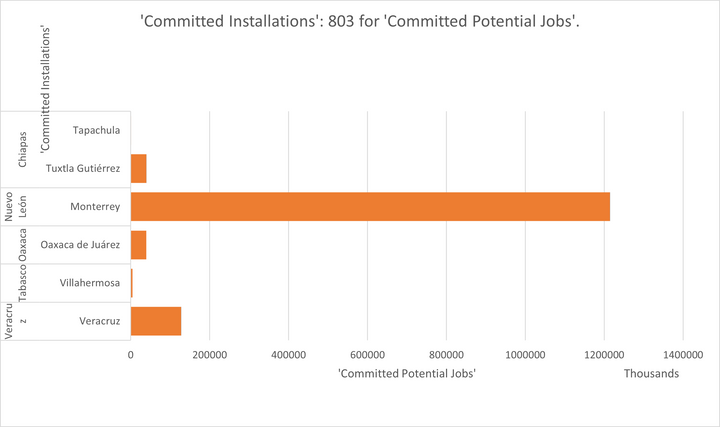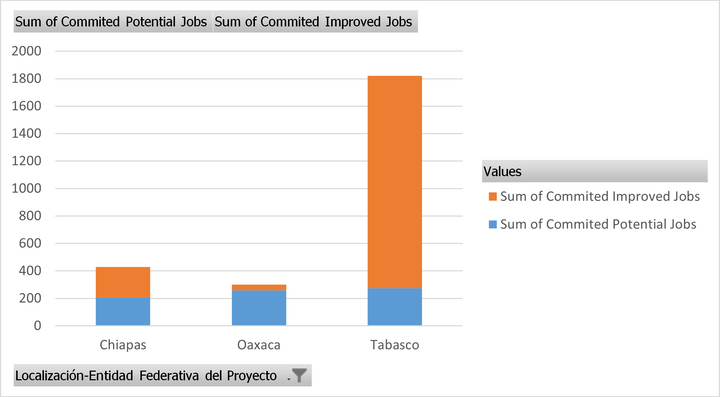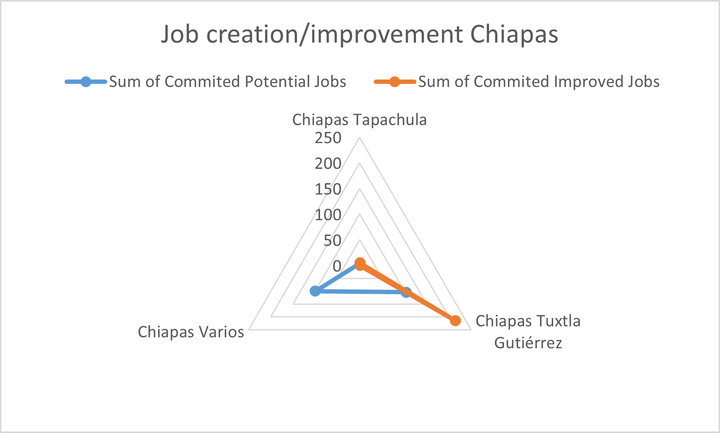
A Distributed Manufacturing Network for economic development
Author: Antonio de Jesus Anaya Hernandez
Country: Mexico
Program: Professional Fellows for Economic Empowerment.
License: Attribution-NonCommercial-NoDerivatives 4.0 International (CC BY-NC-ND 4.0)
Location:
Issues:
The project addresses pressing challenges in the Southeast region of Mexico:
- Social Inequality and Native Community Rights: There are ongoing social conflicts related to inequality of rights with native communities. These issues highlight the need for inclusive economic development.
- Irregular Immigration: The region grapples with irregular immigration, necessitating sustainable economic opportunities to reduce migration pressures.
- Low New Employment Opportunities: There's a mismatch between the number of graduate students and available employment opportunities, leading to talent drain from the region.
Opportunities:
- The Southeast region of Mexico presents several opportunities for development:
- Manufacturing Capabilities: The area has untapped manufacturing potential waiting to be harnessed.
- Agricultural Production Increase: Agriculture is a key sector with room for growth and modernization.
- Low Taxation: Favorable taxation policies can attract businesses and investment.
- Border Proximity to Central America: The region's strategic location facilitates trade and connectivity with Central America.
- Abundant Water Resources: The region boasts an abundance of water resources, accounting for 25% of the country's total reserves.
- Seven Universities with Technology Programs: A pool of talent and educational institutions can support workforce development.
Project Details:
The project establishes a Distributed Manufacturing Network that addresses these challenges and leverages the region's opportunities. Key components include:
1. Mapping Manufacturing Facilities: The project has mapped small and informal manufacturing businesses, which make up 70% of the local manufacturing economy. This data informs the development of training programs.
2. Apprentice Program: An apprentice program is in development, connecting manufacturing hosts with university students. Students receive payment for their contributions, gaining access to digitalized machining practices and quality assurance methods. This program is inspired by MIT CBA's Fab Academy course.
Data and Justification:
Data is vital for measuring the project's performance and justifying investments. While data availability is currently limited, the project aims to:
1. Assess Data Needs: Identify the specific data required to measure different aspects of the project's performance.
2. Data Acquisition: Actively collect data to track the impact of various project components, such as employment generation, skill development, and economic growth.
Impact and Long-term Goals:
By fostering cooperation among small manufacturing businesses within networks, this project aims to:
1. Improve Infrastructure: Strengthen infrastructure and administrative capabilities, allowing businesses to thrive.
2. Formalize the Economy: Enable businesses to transition into the formal economy, reducing informality and fostering economic stability.
3. Retain Talent: Create local employment opportunities to retain 50% of students who currently leave the state or struggle to find work in their sector.
This project is a vital step towards achieving social and economic development, reducing inequality, and retaining talent in the Southeast region of Mexico.



